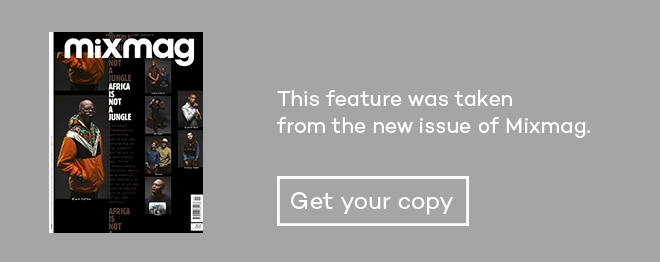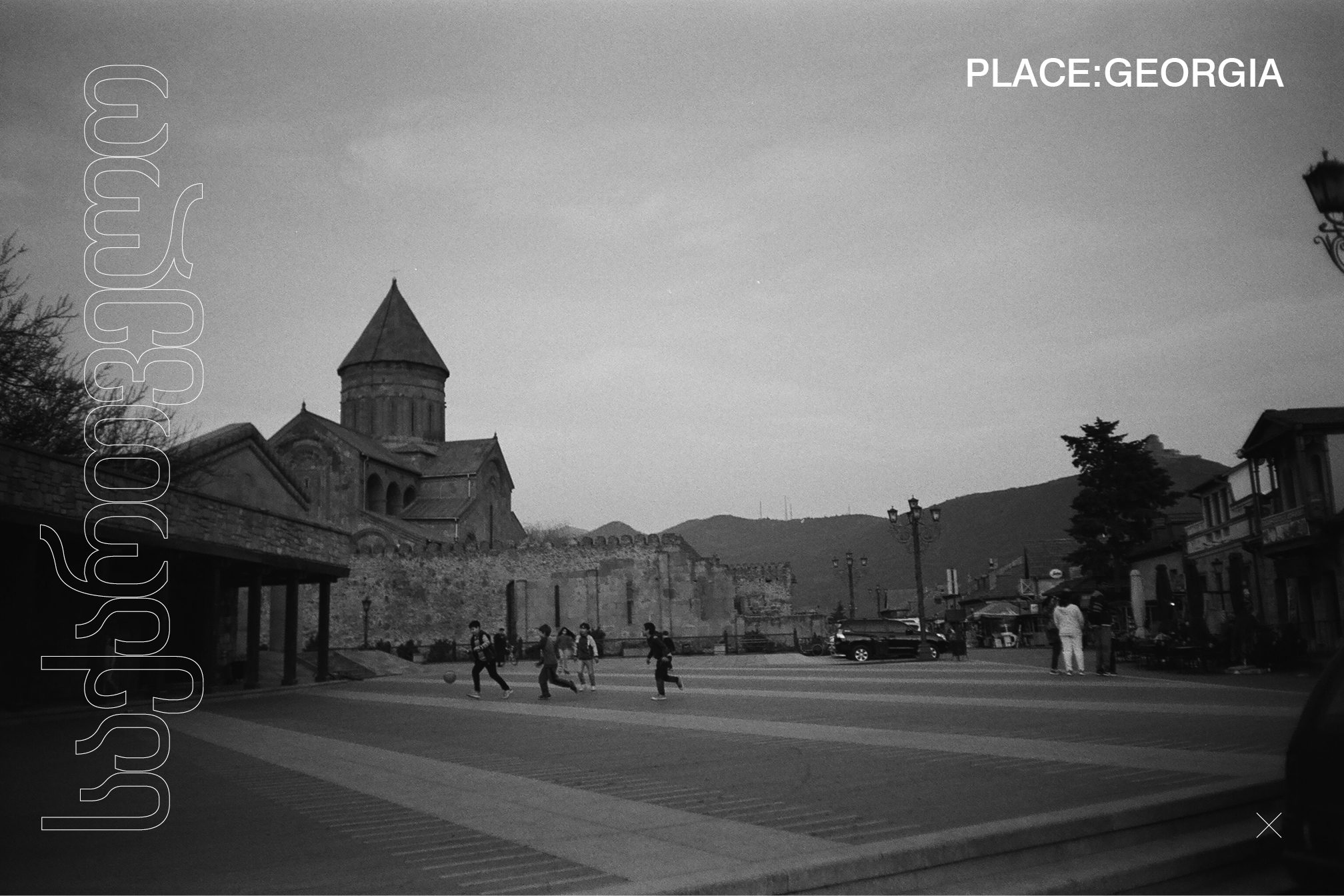 Scene reports
Scene reports
Protest through DJing: Meet the artists putting Georgia on the electronic music map
A new compilation brings together some of Georgia's key figures
Georgia’s electronic music community is on the front line of freedom and creativity in a difficult and repressive political climate. A new compilation, ‘Place: Georgia’ brings together some of the key figures in a country where clubbing isn’t just a pastime, it’s a call to arms.
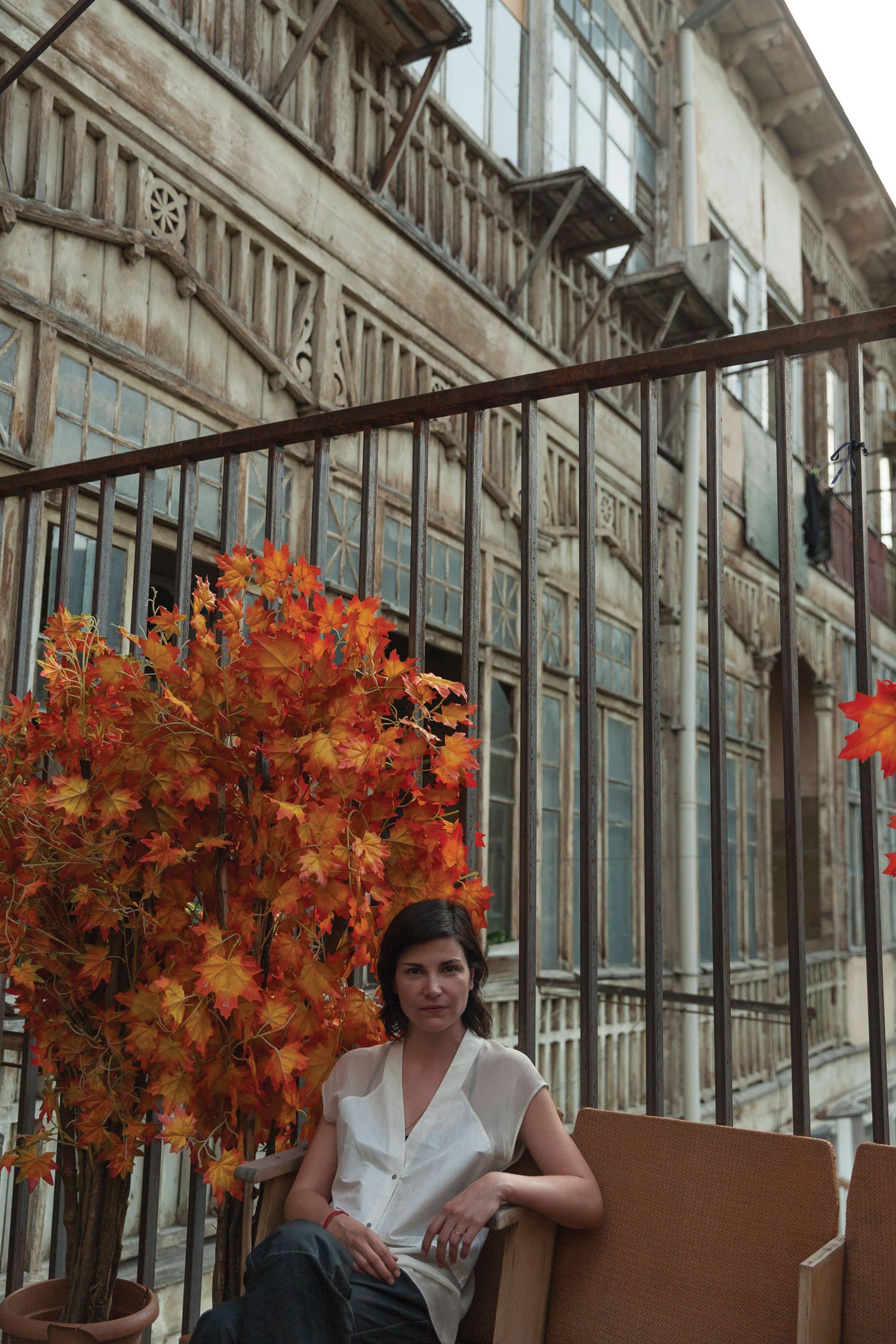
Natalie Beridze / TBA
Natalie has been at the forefront of Tbilisi’s explosive arts scene since the mid-90s, when she became a member of Georgia’s first multimedia collective, Goslab. Through it she met pioneering local artists, producers and composers who introduced her to the world of visual arts and electronic music. At the time, being an artist wasn’t just unorthodox, it was out of the question. “We really struggled as artists,” she says. “We were lucky that we survived those terrible times of war. We had no electricity, lack of food, but we were young and having a good time. We had an island where we could do our own thing and just survive.”
Natalie considers herself lucky that her family accepted her ambitions. “In Georgia in the 90s, a young girl telling her parents she wanted to be an electronic musician could have gone badly. Georgia is a very sexist country now, and even more back then. But my family were very supportive.”
Natalie’s other-worldly, haunting electronica was snapped up by labels early in her career. Berlin-based WMF Records offered her a contract in 2002 and she’s since released 26 albums and EPs. Titles such as ‘What About Things Like Bullets’, ‘Mapping Debris’ and ‘Love is Winning’ make clear her political beliefs.
Today, when she’s not writing music, Natalie teaches production at Creative Educational Studio (CES), a multi-media school in Tbilisi. “We just made the first all-female record in Georgia,” she says. “It’s a big deal. These women used to be too scared to say they wanted to be artists or musicians; now they’re writing their own music. I hope I’m helping them to evolve.”
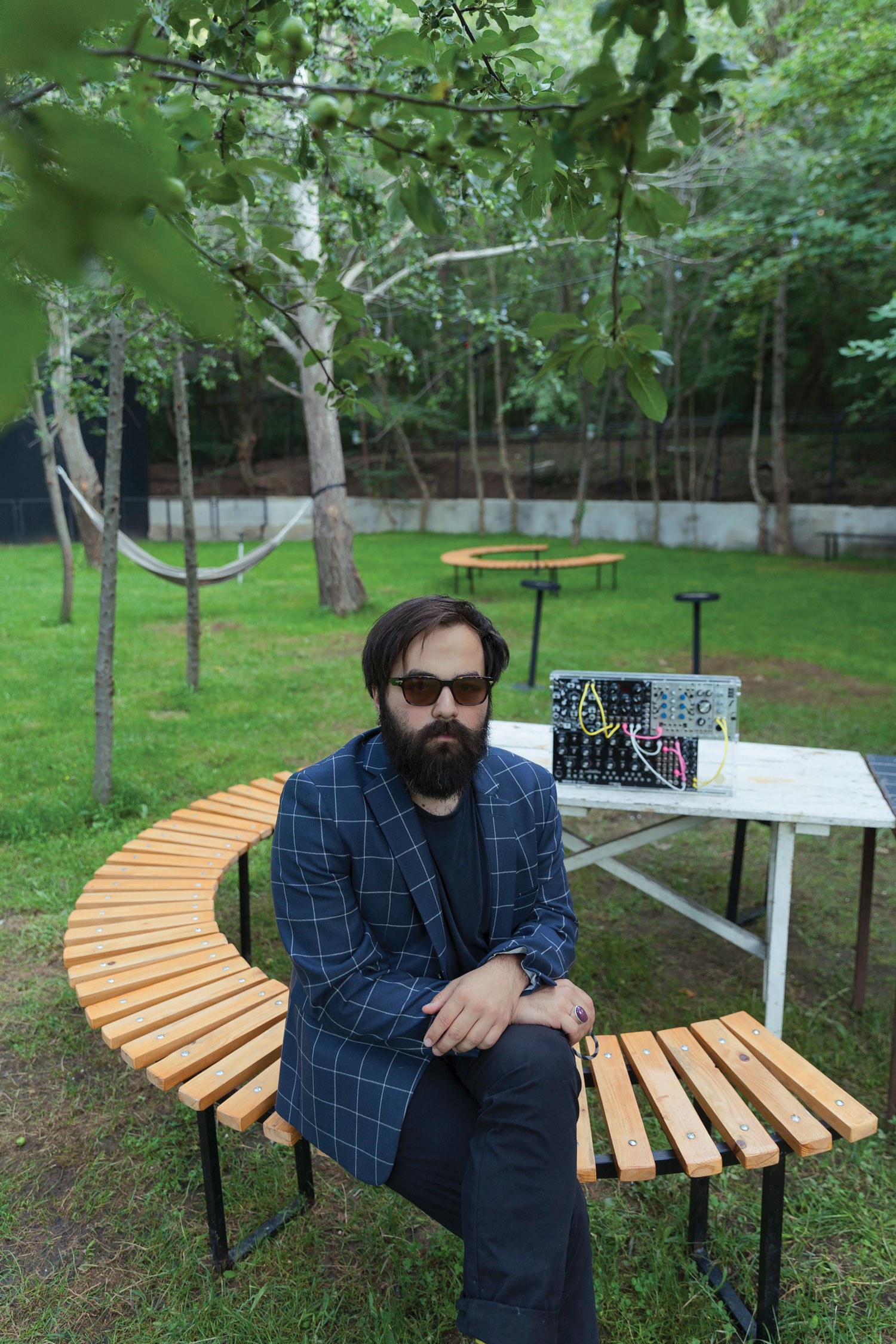
Tornike Margvelashvili / Mess Montage
Tornike Margvelashvili aka Mess Montage is an experimental electronic musician and composer from Tbilisi. He speaks quickly in near-perfect English, and is noticeably agitated. Today, he explains, it’s kicking off on the streets of his home city. “This morning the government allowed a Russian representative, our biggest enemy, to take over the seat of the head of parliament. It’s crazy.” The event sparked mass protests across the country.
Mess Montage first picked up a guitar when he was 15, but it was only when he set foot in the clubs of Tbilisi that he found his place in electronic music. He studied electronic music composition at the Royal Academy of Music in Denmark, and last year became the first Georgian artist to be selected as part of Red Bull Music Academy’s 20th Anniversary camp in Berlin where he performed at Tresor’s Drone In Activity series. “A dream come true,” he says.
Tornike’s time in Denmark gave him space to explore the impact Soviet rule has had on his country. “I was shocked by how much moral damage has been done to the generations by the Soviet Union. People were unable to have mental freedom because there was so much restriction on what you could say and a lot of education was based on a lie – we had no information from outside.”
But he’s found his own form of protest: teaching modular synthesis at Tbilisi state conservatoire. “The way I teach is a form of activism, in a way. The way the Soviet Union taught, they just told you facts and didn’t teach you how to question things. But I teach people how to ask questions and think for themselves.”
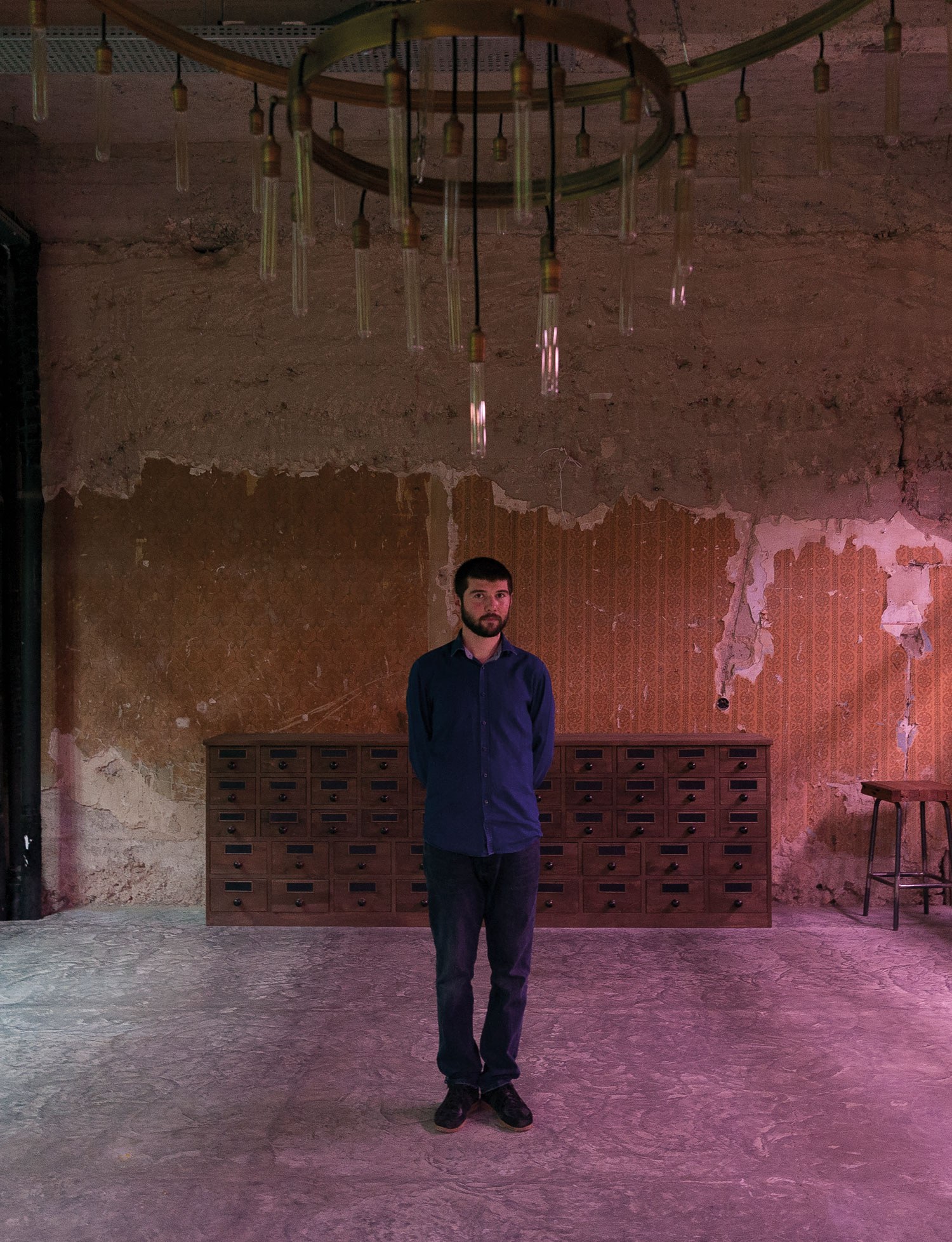
Giorgi Iakobidze
Giorgi Iakobidze is co-curator of the ‘Place: Georgia’ compilation and an advocate for activism in the arts. He speaks through his co-curator, Sandro Mezurnishvili: “I started making music when I was sixteen – about ten years ago,” he explains. “I started producing with Ableton but there was no Georgian manual so I just had to play around and learn how to make music myself.”
Giorgi and Sandro met after Sandro discovered his music on SoundCloud. Sandro found the emotion and melody in Giorgi’s tracks magnetic, and they’ve collaborated ever since, working with Georgian producers, DJs and artists to help build and shape the local scene.
Giorgi tells Mixmag that earlier today he was protesting in front of Tbilisi’s main government building. The city hasn’t seen protests like this since last year’s club raids, and to Giorgi the two outrages are one and the same. His music, he explains, is a way to channel his anger in a productive way. “I protest through DJing,” he says. “And I express emotions through producing music.”
Despite the raids, the government have made steps towards supporting night culture in Georgia because it brings in tourism. “The government finances some festivals because there’s a recognised night economy in Tbilisi. There are night buses and trains to get to and from clubs,” Giorgi explains. But he feels the punishment for possession of drugs is too extreme, and that the government keeps club culture on too short a leash. For now, though, he’ll focus on his art: “I just want to make music and hope the scene continues to thrive so that I can be part of it.”
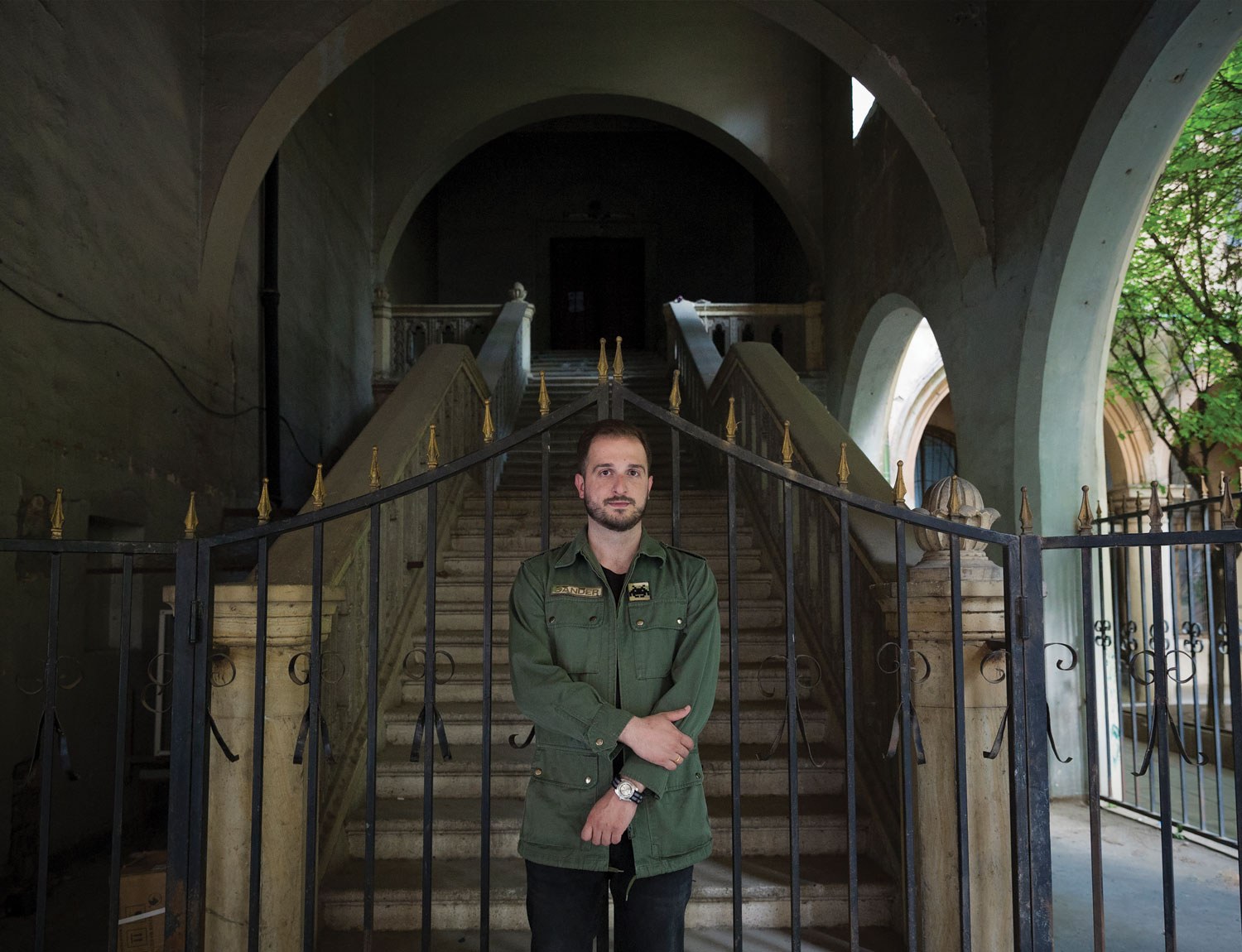
Sandro Mezurnishvili
Sandro is the co-curator of ‘Place: Georgia’ and an active member of the Georgian club scene. Since 2006 the Tbilisi-born DJ has played his signature style of uplifting house and pulsing techno everywhere from the ancient settlement of Gonio to the clubs of Tbilisi. So when US-based label Air Texture asked for his help compiling the album he knew exactly who to approach.
“I found nearly twenty new and established artists to contribute to the mix,” Sandro says. The result is an experimental montage of noise, techno, drone and the local sound of Georgian Soul. Each track shares a melancholy undertone, a reflection of the frustration artists are feeling about the turbulent politics of their home country.
A former Soviet Union country, Georgia’s blossoming club culture is in direct conflict with its 90 per cent Orthodox Christian population, many of whom are strongly against alternative culture and do not believe in equal rights for the LGBTQ+ community. “There’s still a Soviet mentality [in Georgia].” Sandro explains. “Russia has acquired twenty per cent of our territory and uses fake news and propaganda to create conflict.”
Sandro says that releasing music, promoting art and supporting local charities is a direct form of protest against the right-wing, Russian-leaning government. “Last year the police raided a lot of our clubs. We had big protests on the streets. I was there.This compilation, for me and for the artists, is a response to this invasion. It’s a fuck you. We’re strong, we’re united and we’ll fight.”
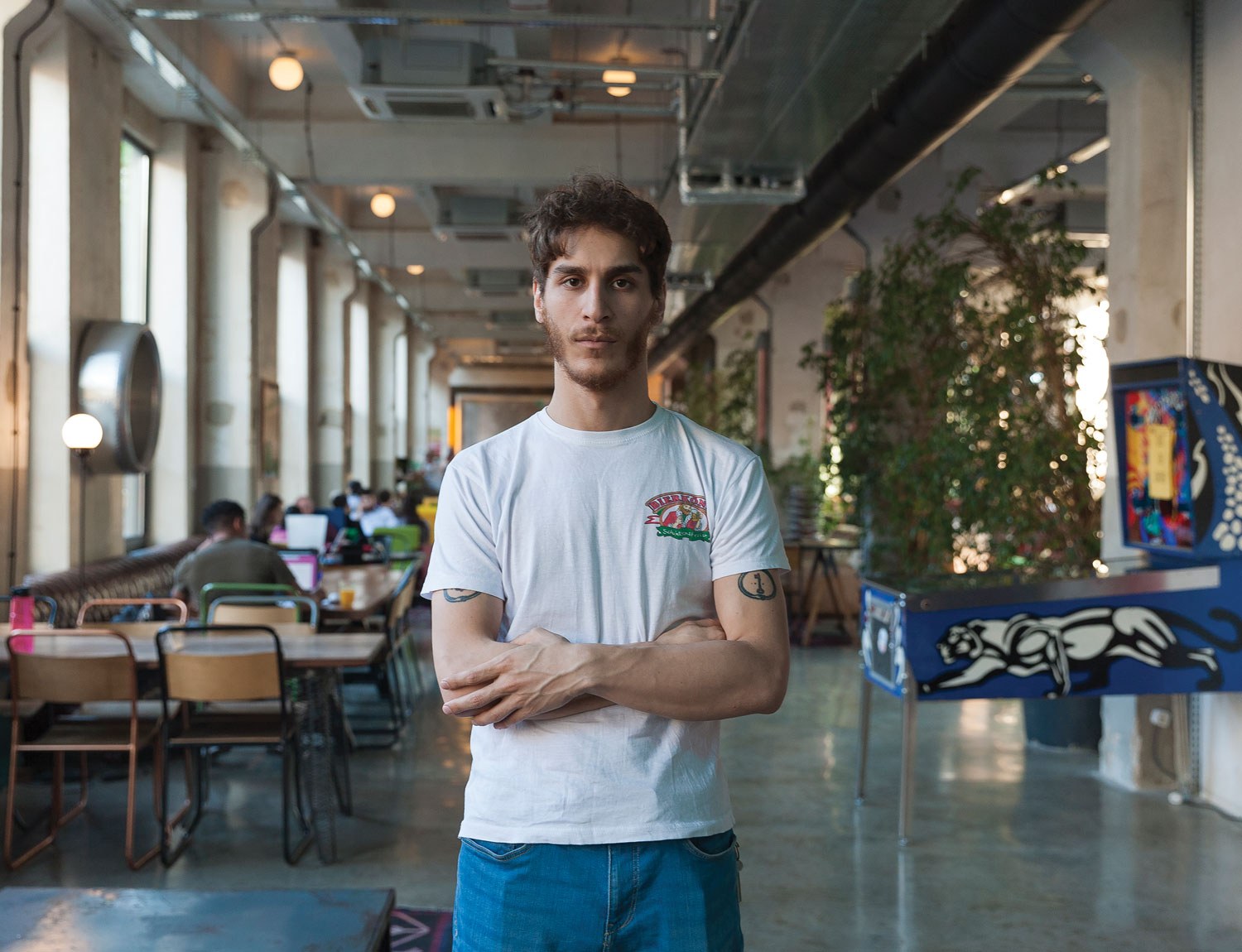
Irakli Berikashvili / Berika
Born and raised in the capital, Tbilisi, Irakli Berikashvili aka Berika makes fast, contagious dance tracks, though ICONTRAX, the label he heads, focuses on deep house, techno and ambient.
To Berika, the act of clubbing is inherently political. In Georgia, just going to a club is a form of activism. For Berika and his community of producers and DJs, the clubs in Georgia are a place for like-minded liberals to come together. This creates a vital support system for the marginalised LGBTQ+ community. “What most musicians here are trying to do is create a cultural platform,” he says. “It doesn’t matter if we’re experimental, techno, house – clubs are promoting local music and representing us to others.”
Berika’s music is fuelled by the change he wants to see in his country. “I was making music when I lived in Germany but I was doing it for myself. I was doing fine, I had a lot of comfort, a great job, a great studio. Here, I’m motivated by knowing that whatever I produce could have a cultural impact in the future.”
Many people leave Georgia to live in a freer society elsewhere, but Berika feels differently. “My parents live in the US and they’re curious as to why
I don’t join them. But it’s my mission to stay. Tbilisi is really poor and fucked up since the Soviet Union, but if I leave then my friends will leave and it will become worse. I want to stay and help create the sound of Georgia, so that we can be iconic in future.”
All profits from the compilation will go to the Human Rights Education & Monitoring Center (EMC), which strives to create a free and equal society in Georgia. See place.airtexture.com


